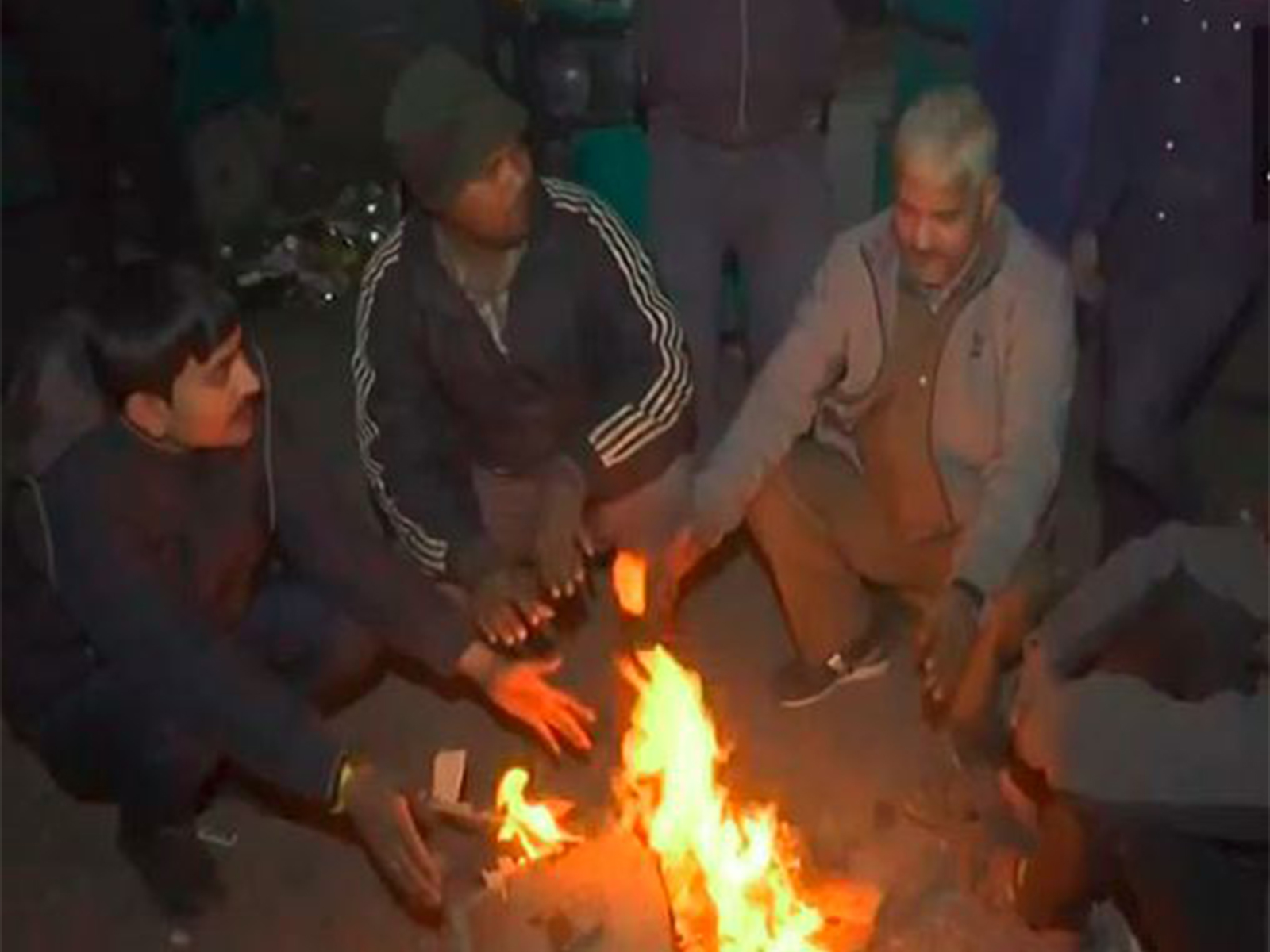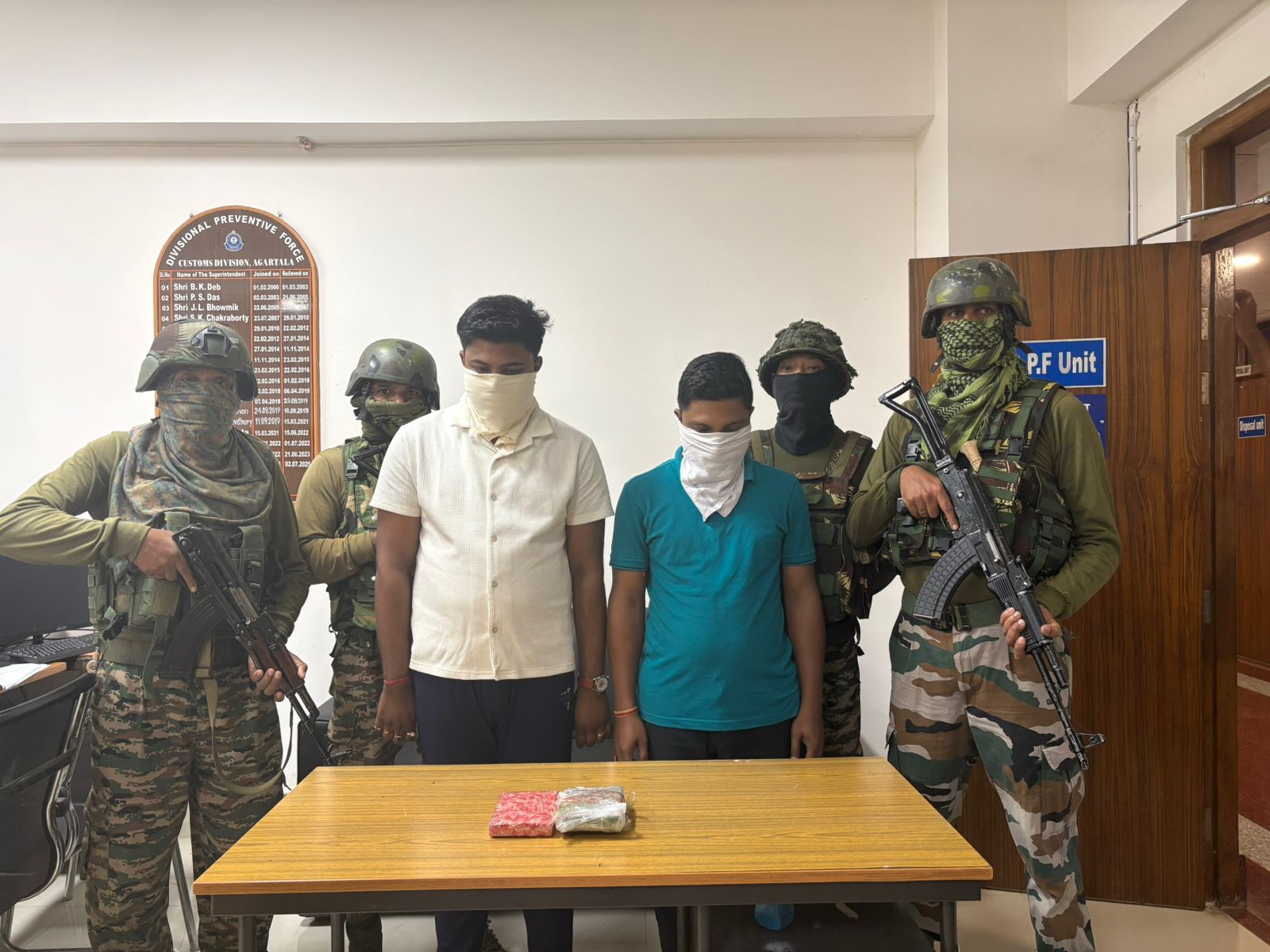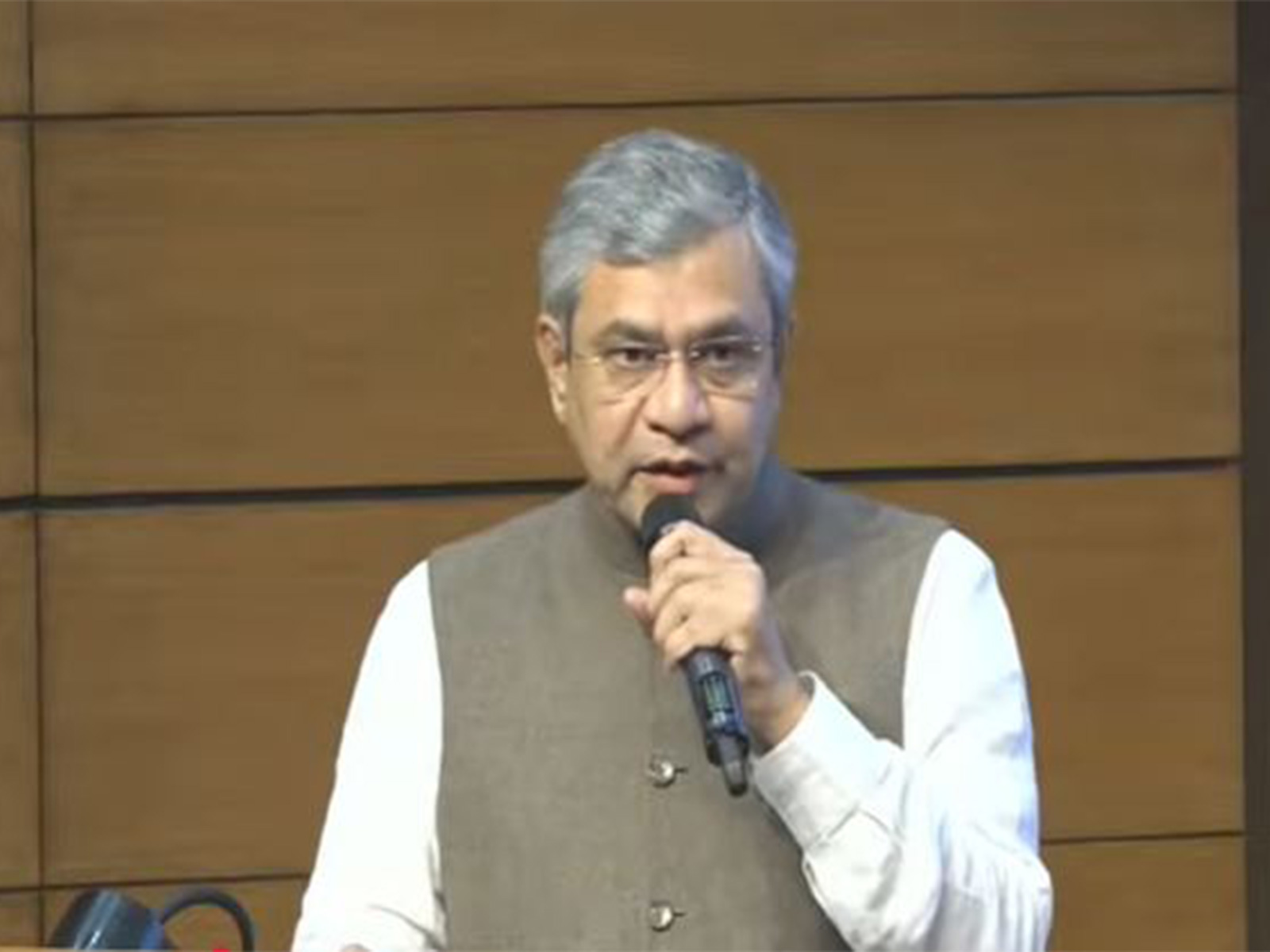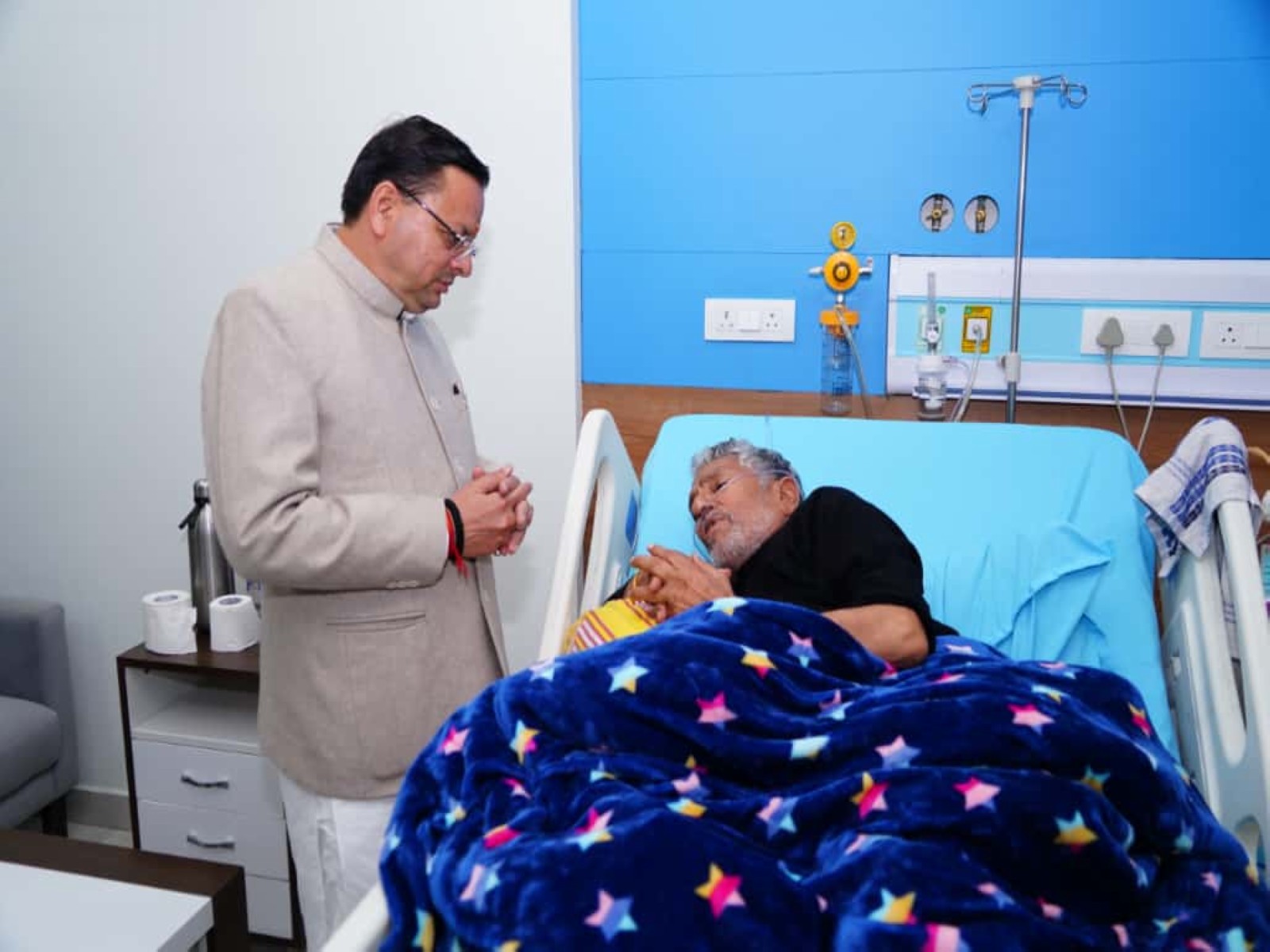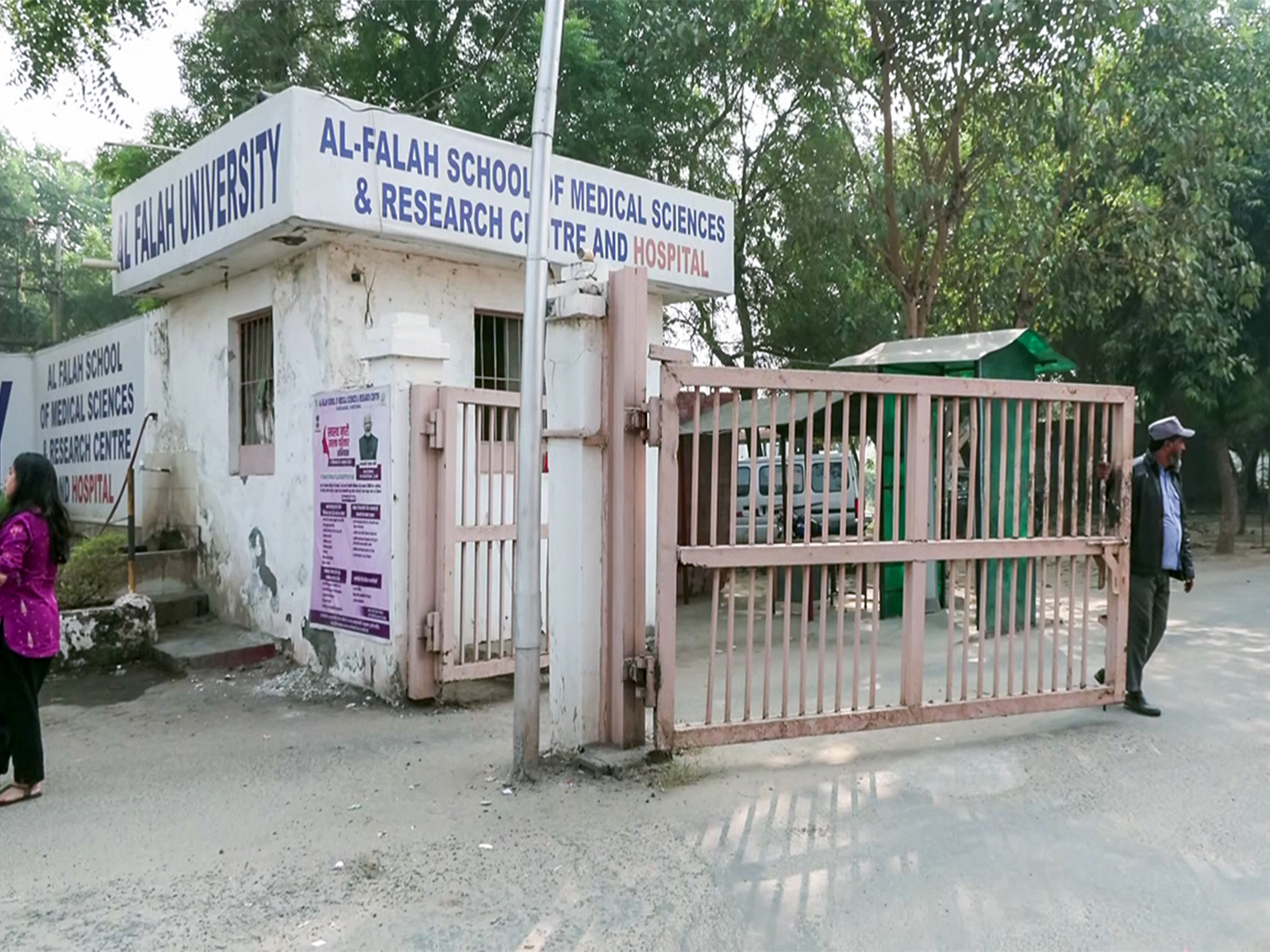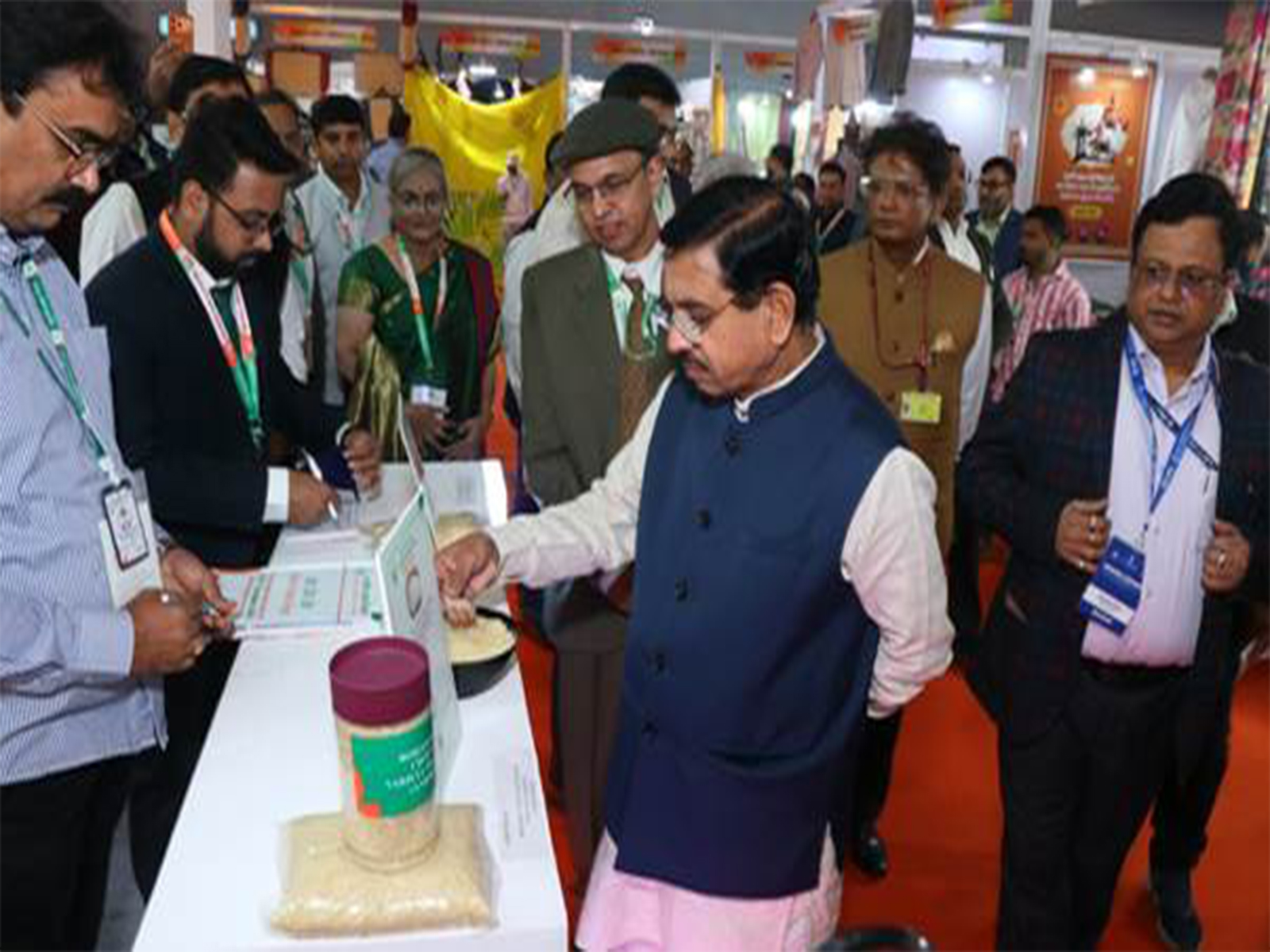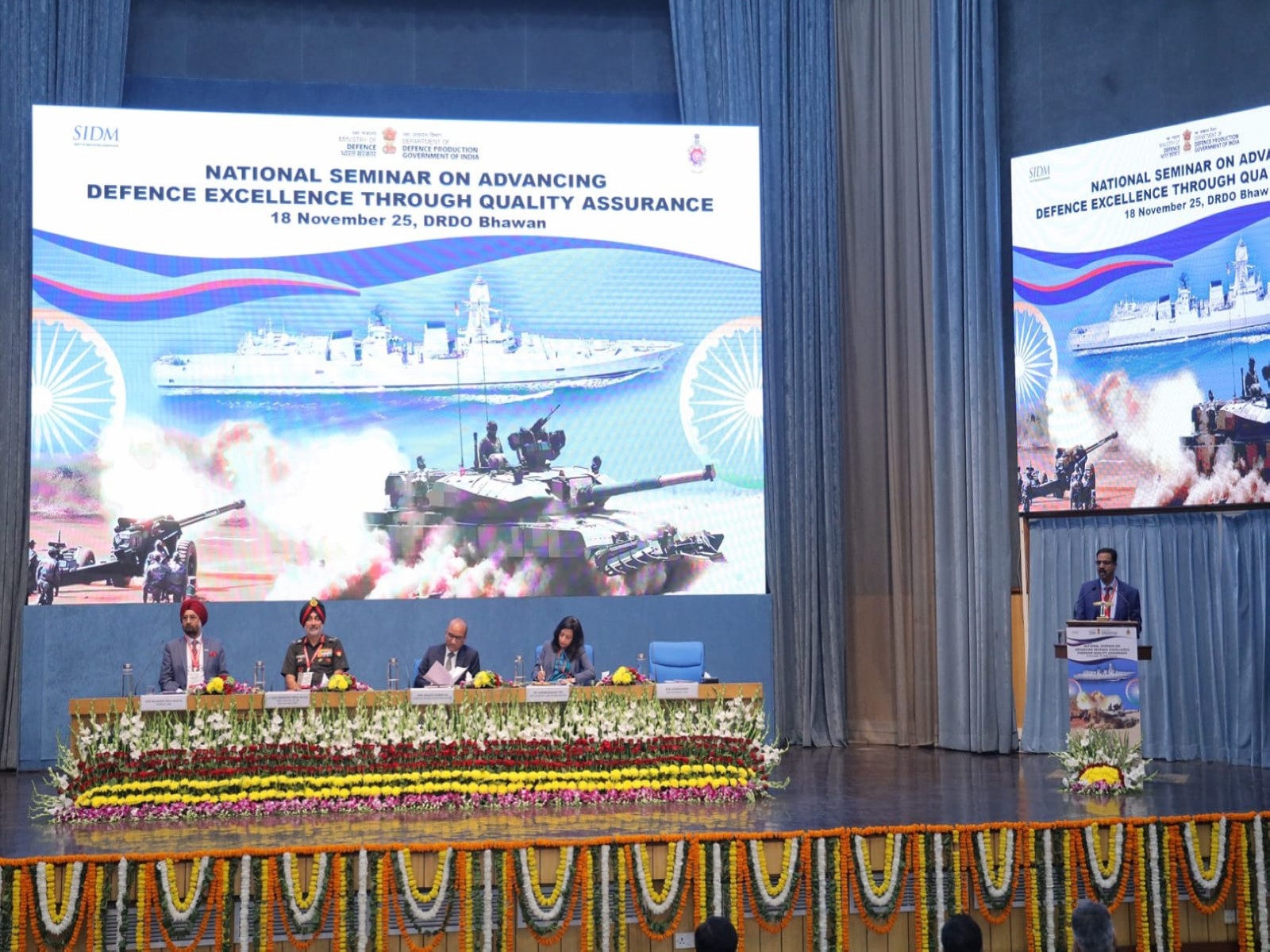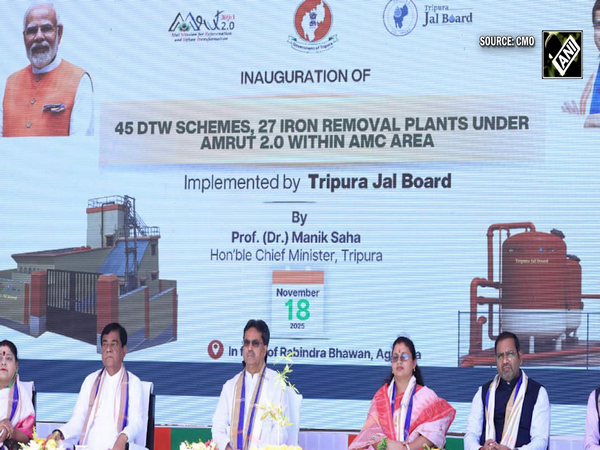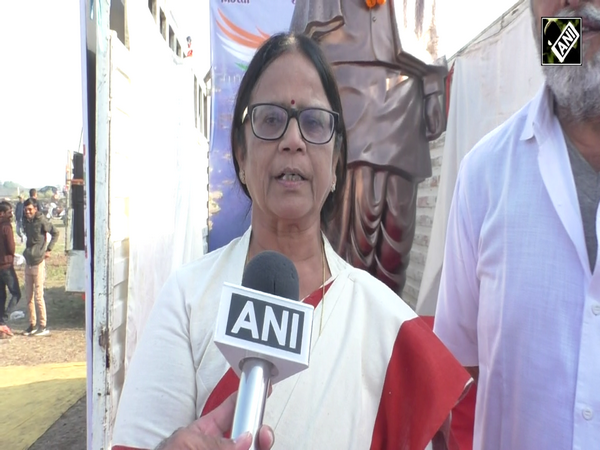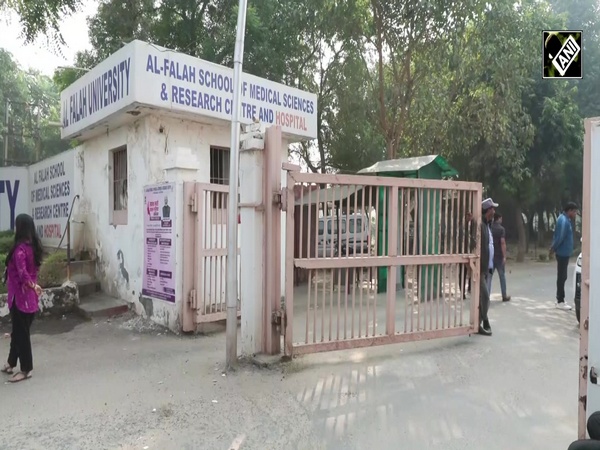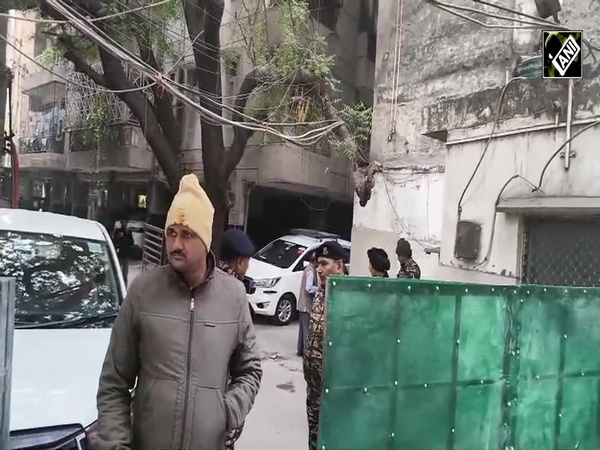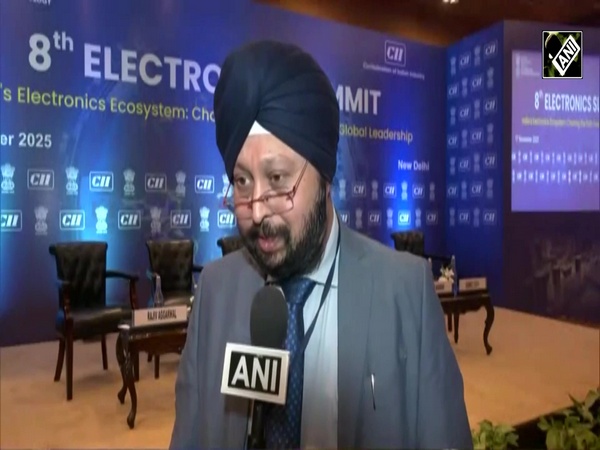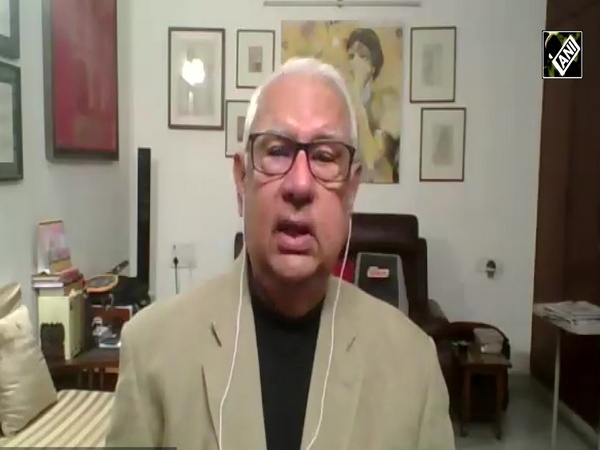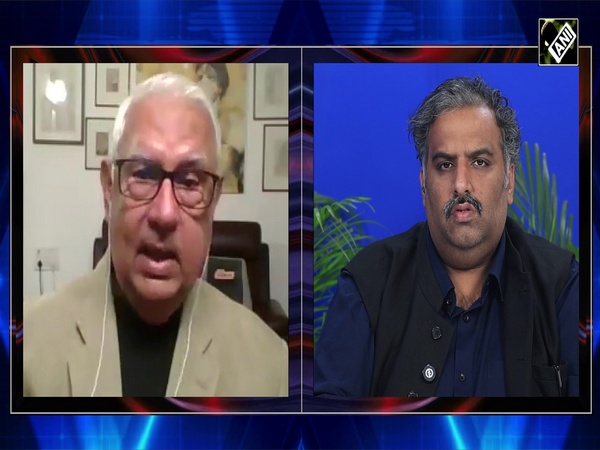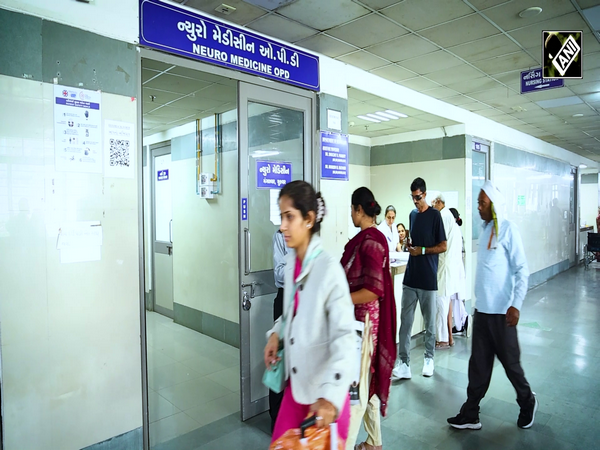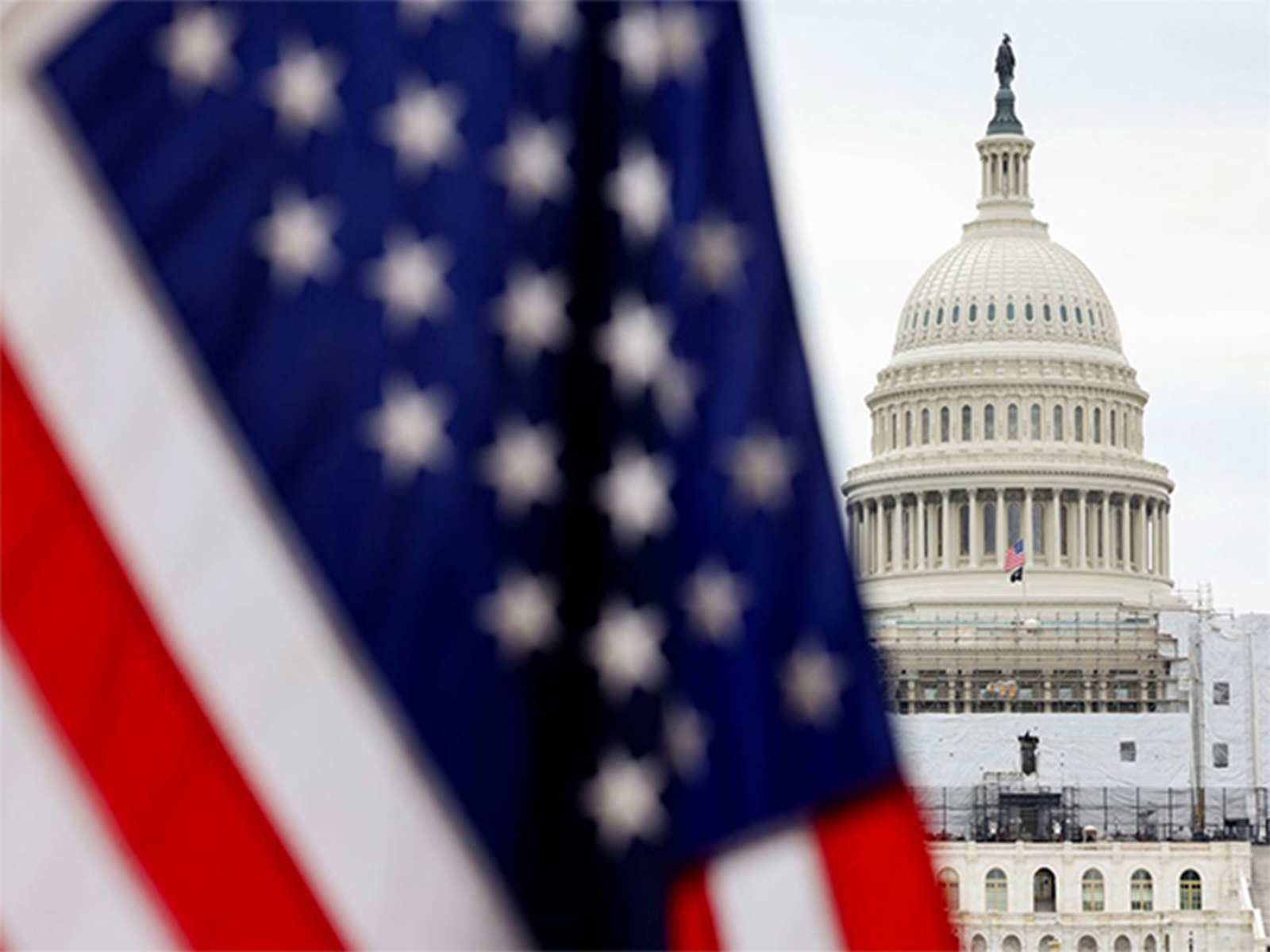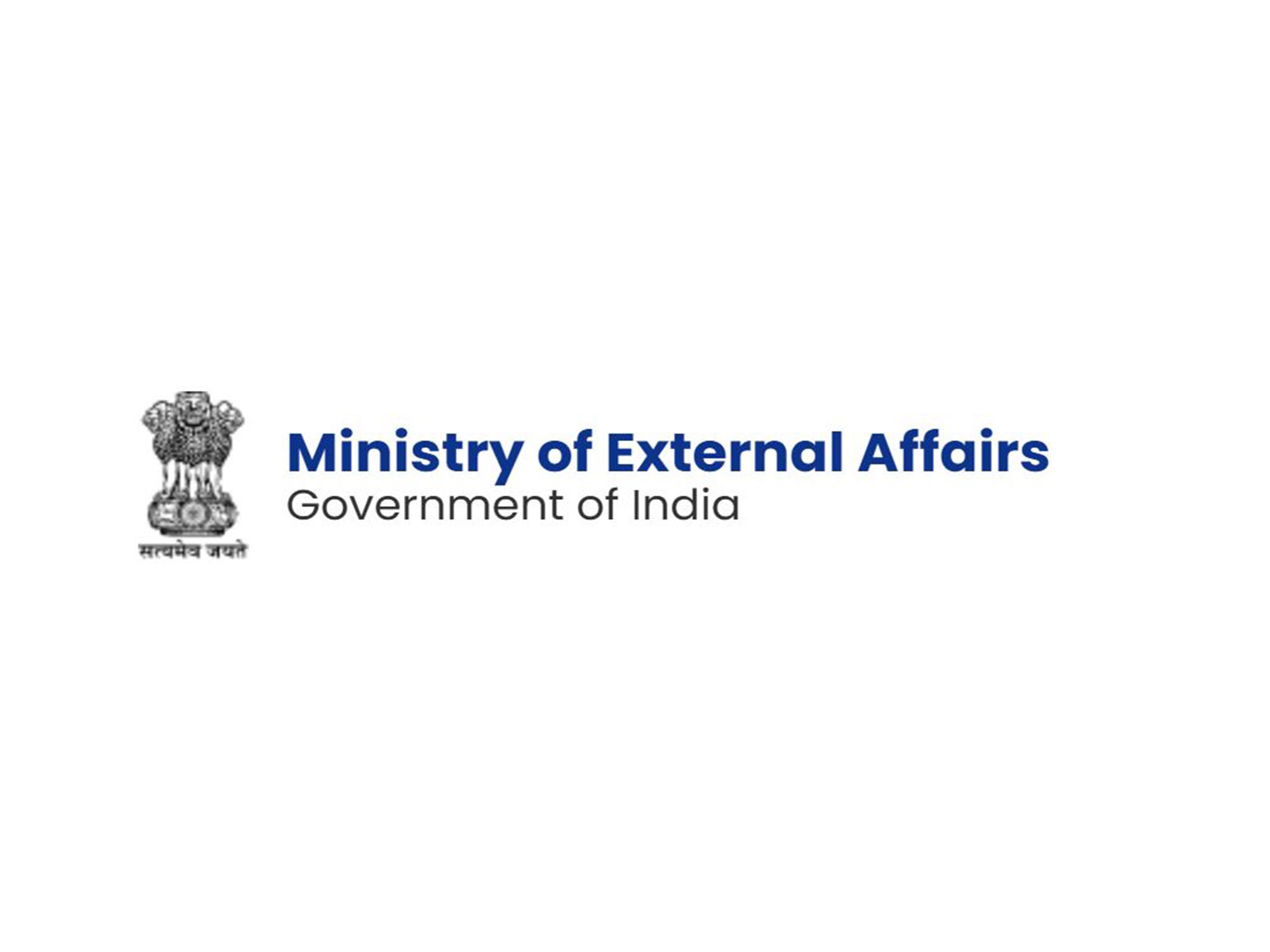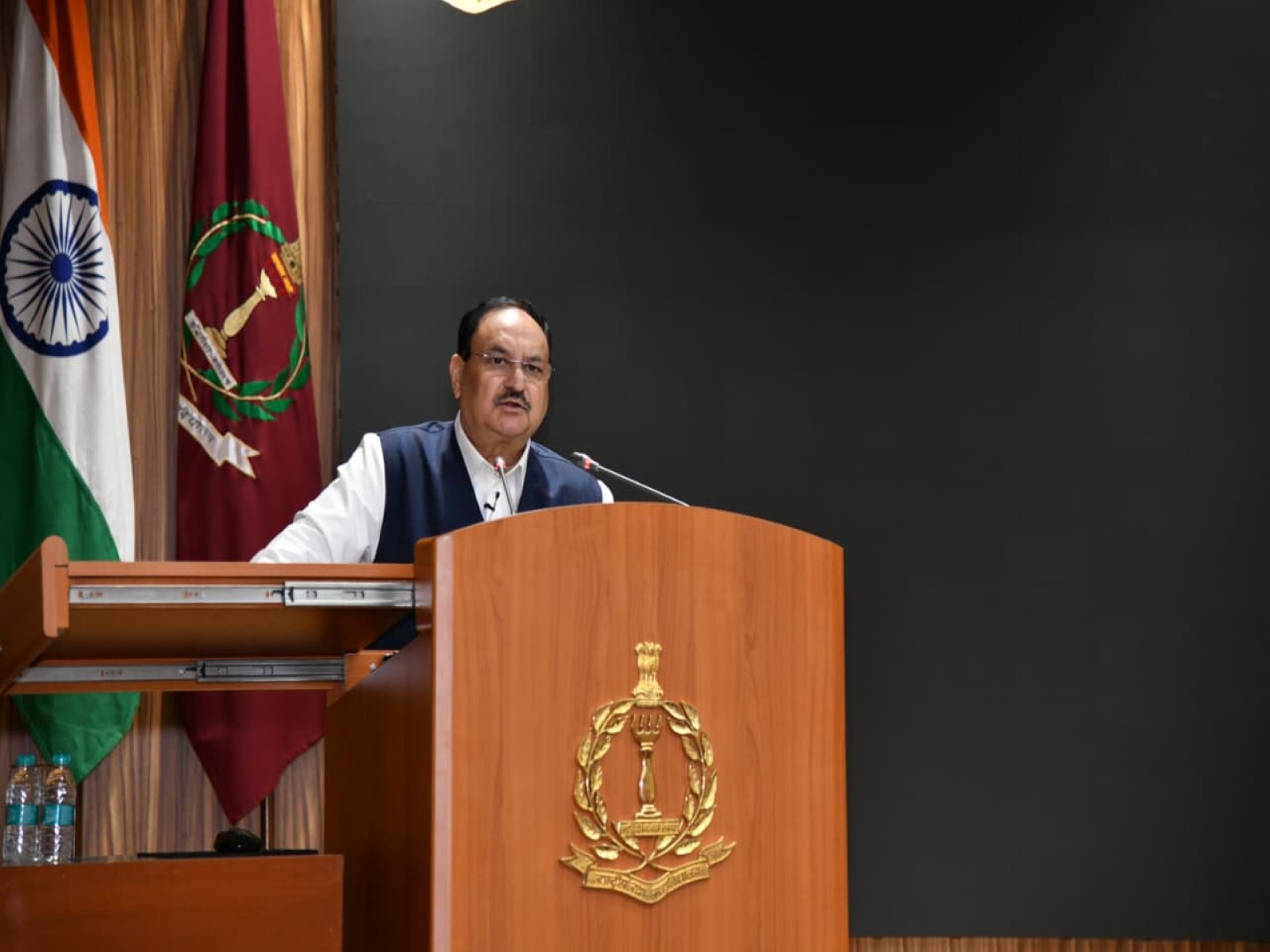
Union Minister JP Nadda visits National Defence College, hails its 'one of kind', international program
Nov 18, 2025
New Delhi [India], November 19 : Union Minister and BJP National President JP Nadda on Tuesday visited the National Defence College of India. On the occasion, Nadda addressed the course participants.
https://x.com/JPNadda/status/1990802551248134463?s=20
In a post on X, Nadda wrote, "Got the opportunity to visit National Defence College of India and addressed the Course participants, which not just included officers from Indian Armed Forces and Civil services but also participants from 31 friendly foreign countries".
"This international program is one of its kind, which has helped the Government of India to promote mutual collaboration in national, regional, as well as international security challenges with friendly foreign countries."
Meanwhile, Nadda launched the second version of the National Action Plan on Antimicrobial Resistance (2025-29), here today, a release said.
Speaking on the occasion, Nadda emphasized that antimicrobial resistance (AMR) is a major public health concern that can only be addressed through collective action. He noted that the journey began in 2010 with initial discussions, followed by the launch of the first NAP-AMR in 2017.
Highlighting the gravity of the challenge, he stated that AMR poses significant risks, particularly in surgical procedures, cancer treatment, and other critical healthcare interventions. He added that the overuse and misuse of antibiotics has unfortunately become common practice, underscoring the urgency of corrective measures. Several important initiatives have been undertaken by various line ministries in this regard.
Nadda also pointed out that NAP-AMR 2.0 addresses the gaps identified in the first NAP-AMR by increasing the ownership of AMR-related efforts, strengthening inter-sectoral coordination and ensuring stronger engagement with the private sector.
Asserting on the key strategies of AMR containment which are to be implemented under NAP AMR 2.0, he stated the importance of increasing awareness, education and training. He also highlighted the requirement of enhancing laboratory capacity and infection control in healthcare facilities. Nadda stressed on the importance of regular stakeholder meetings to resolve challenges promptly.
